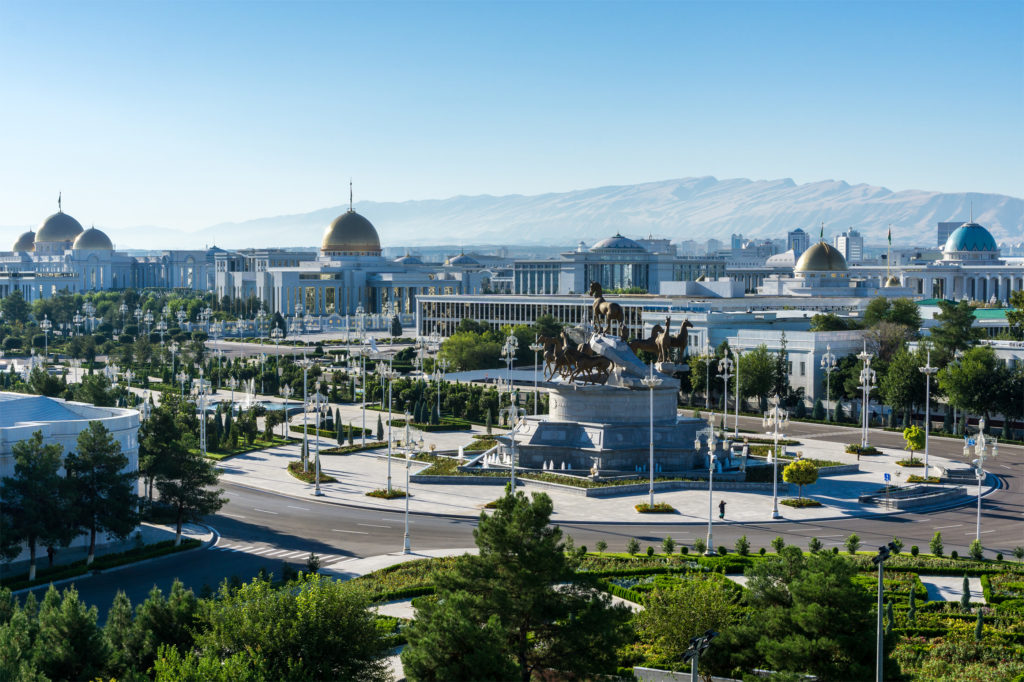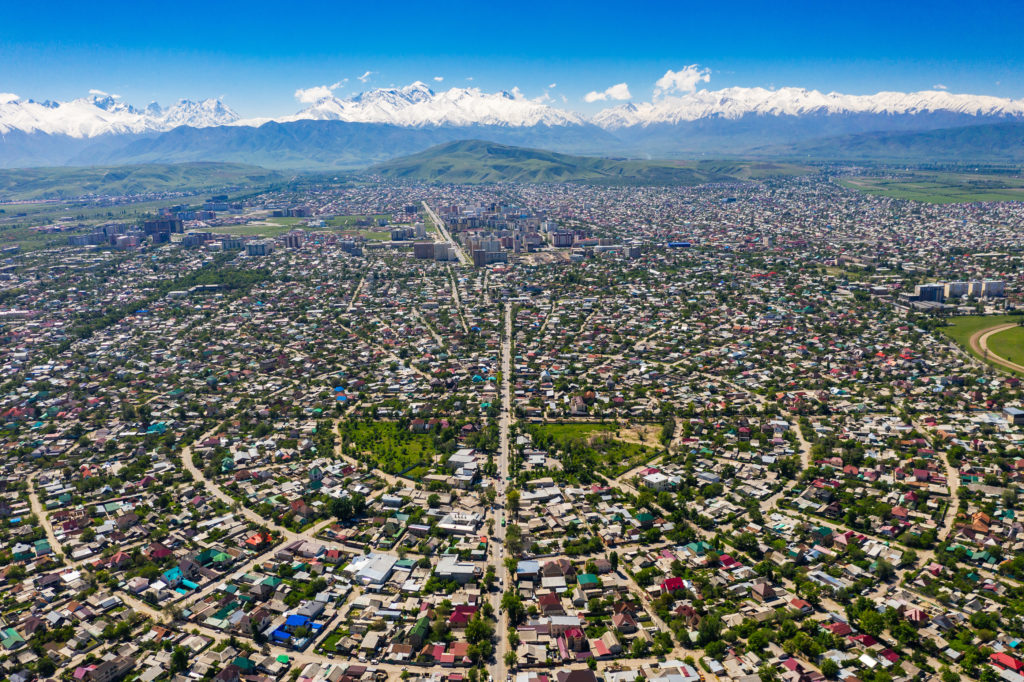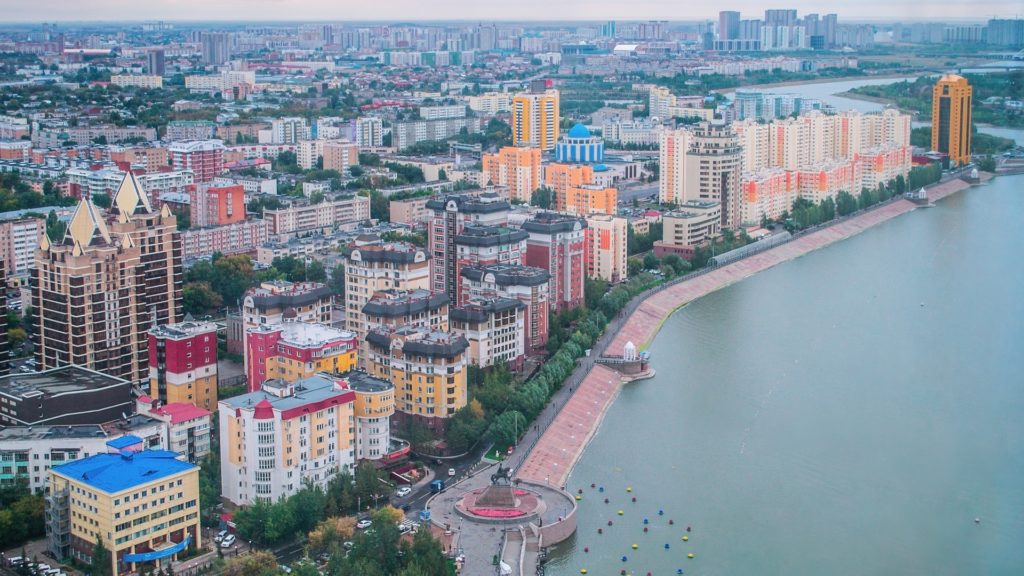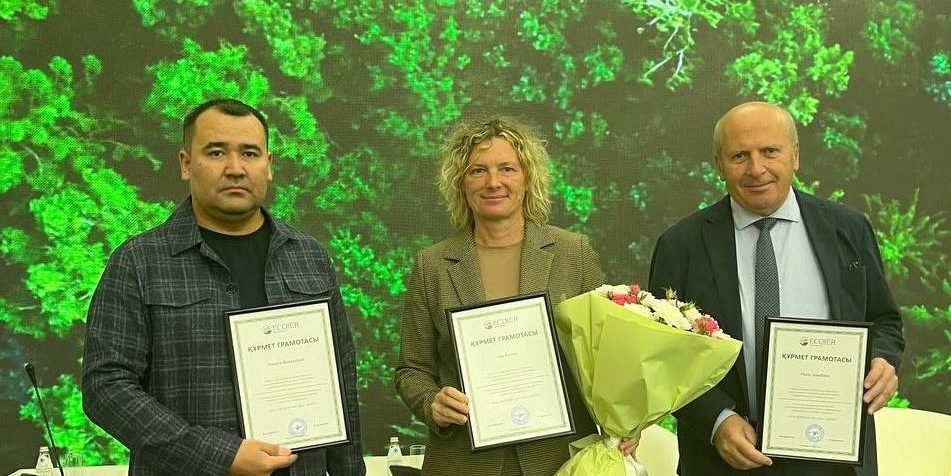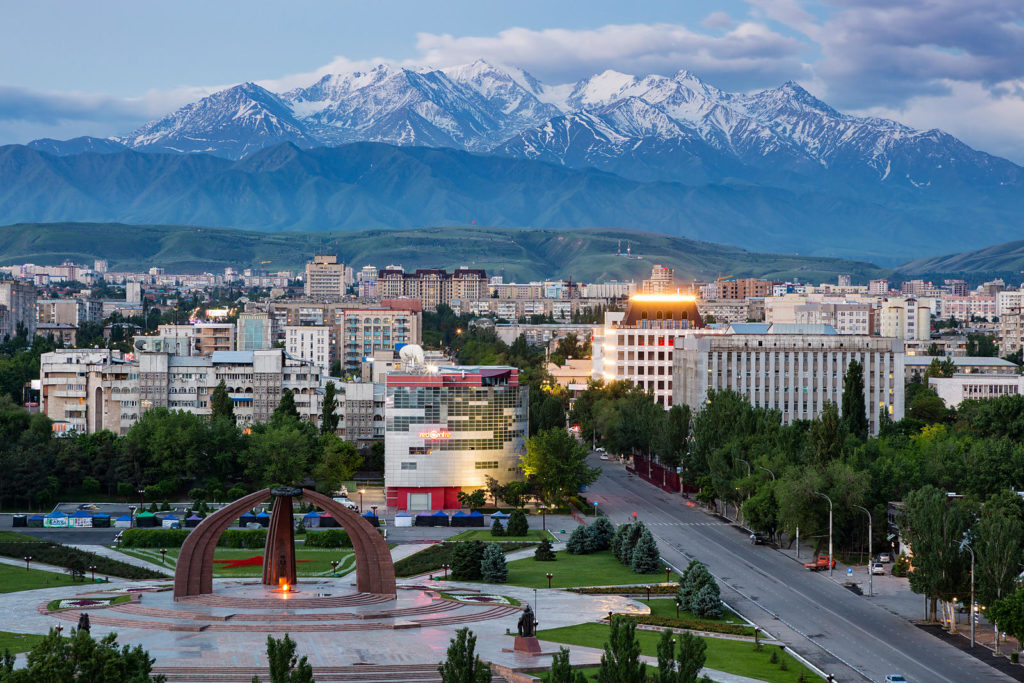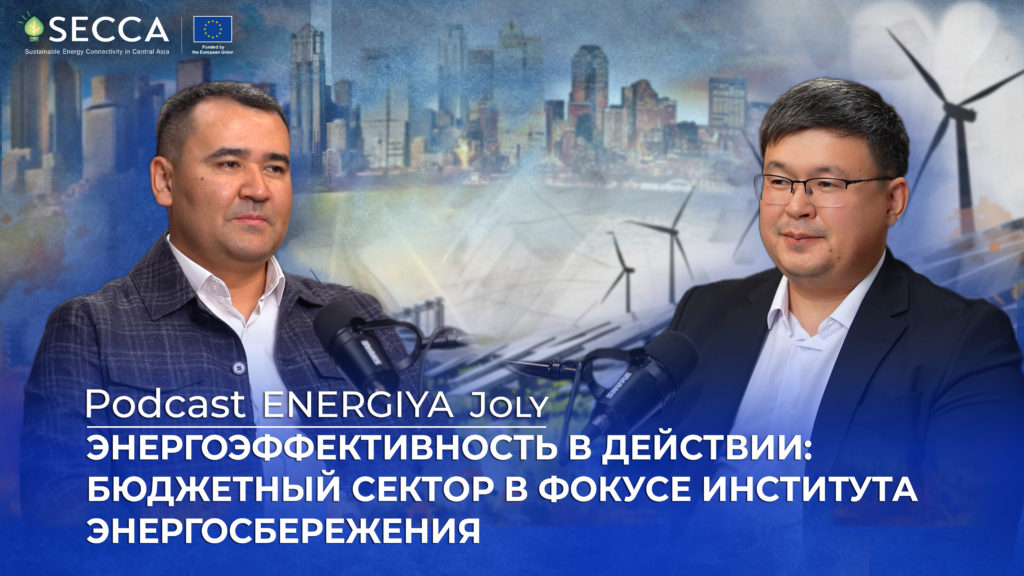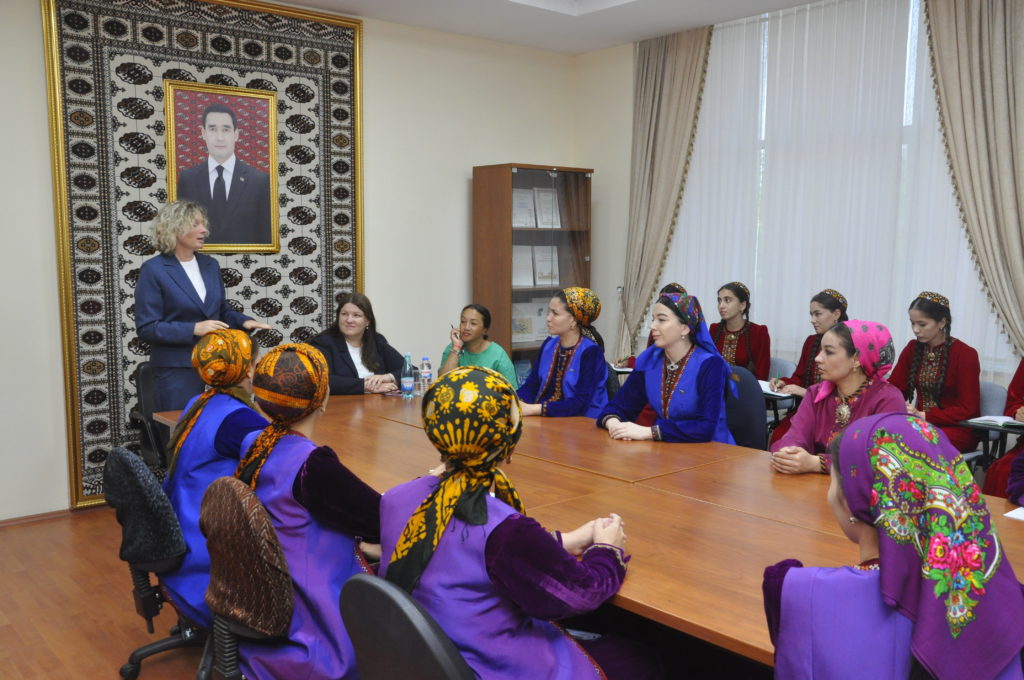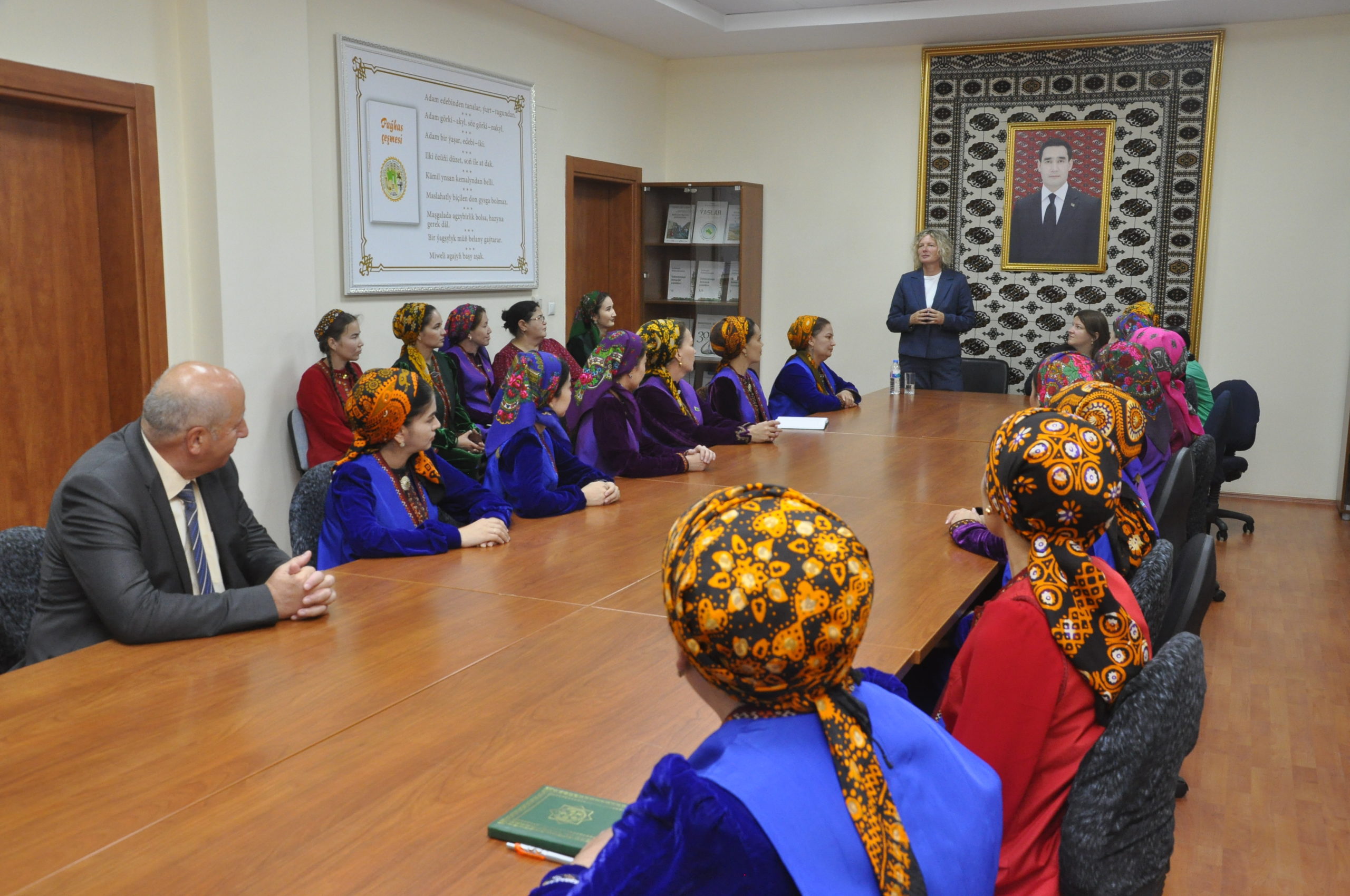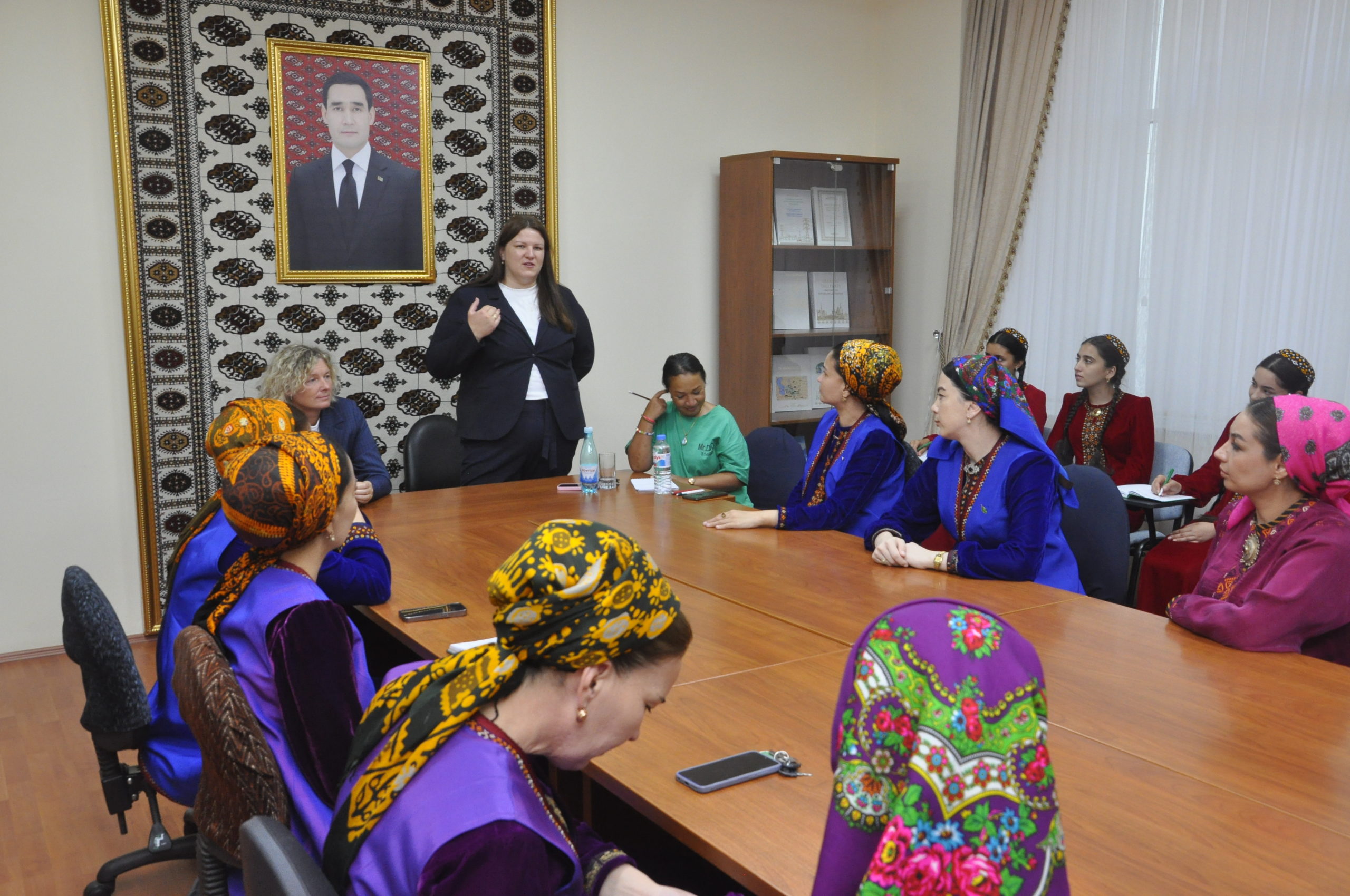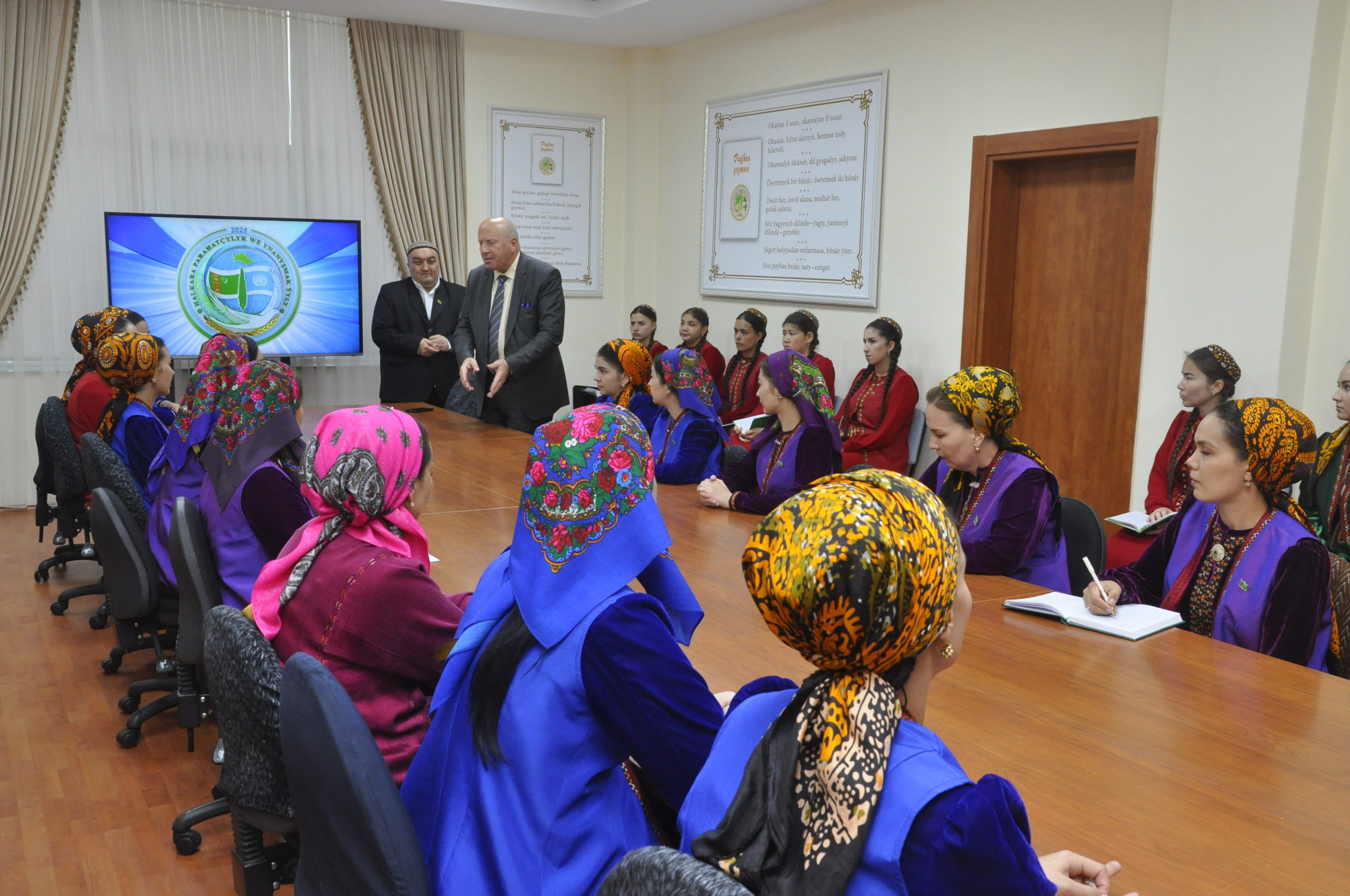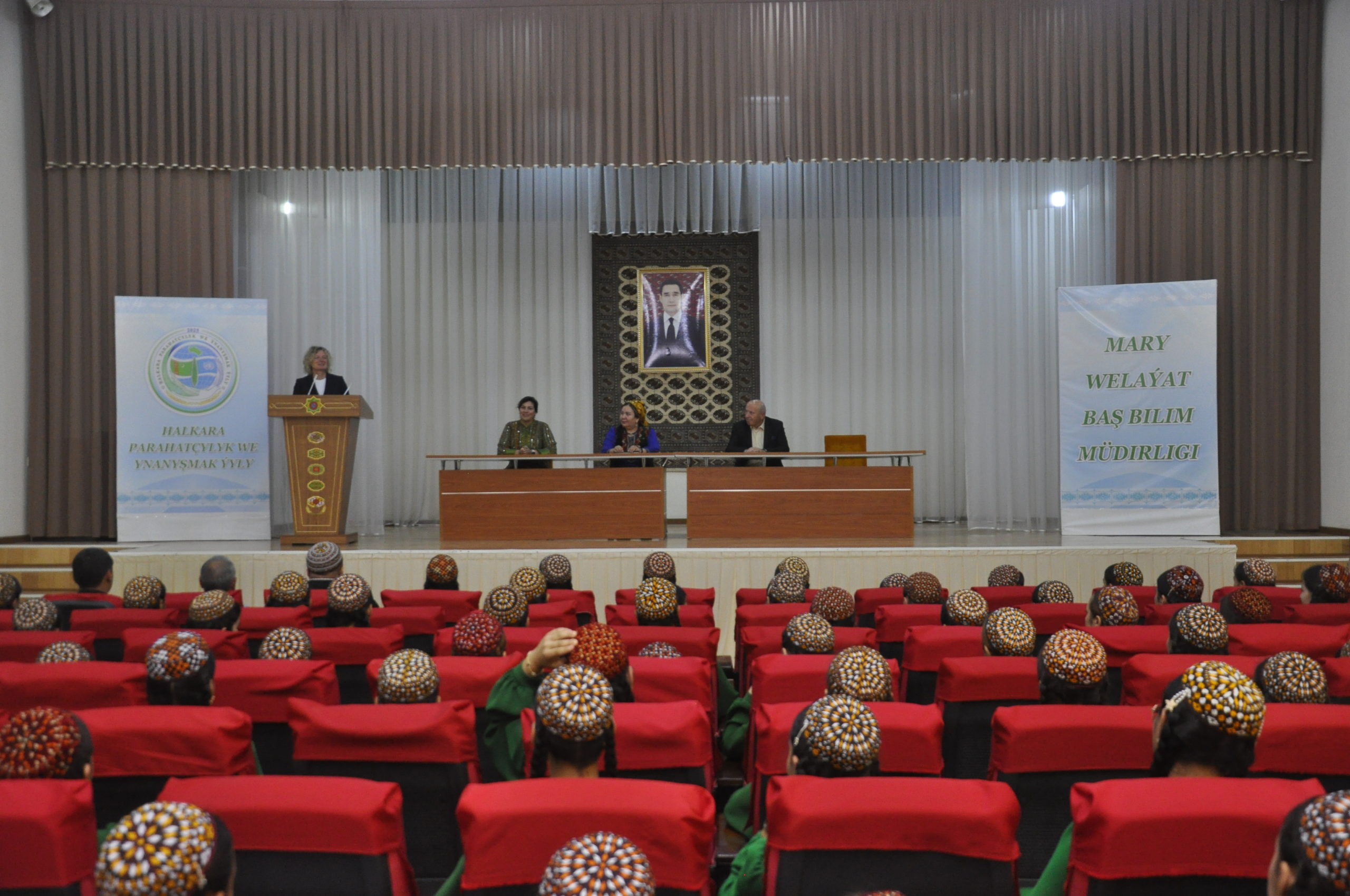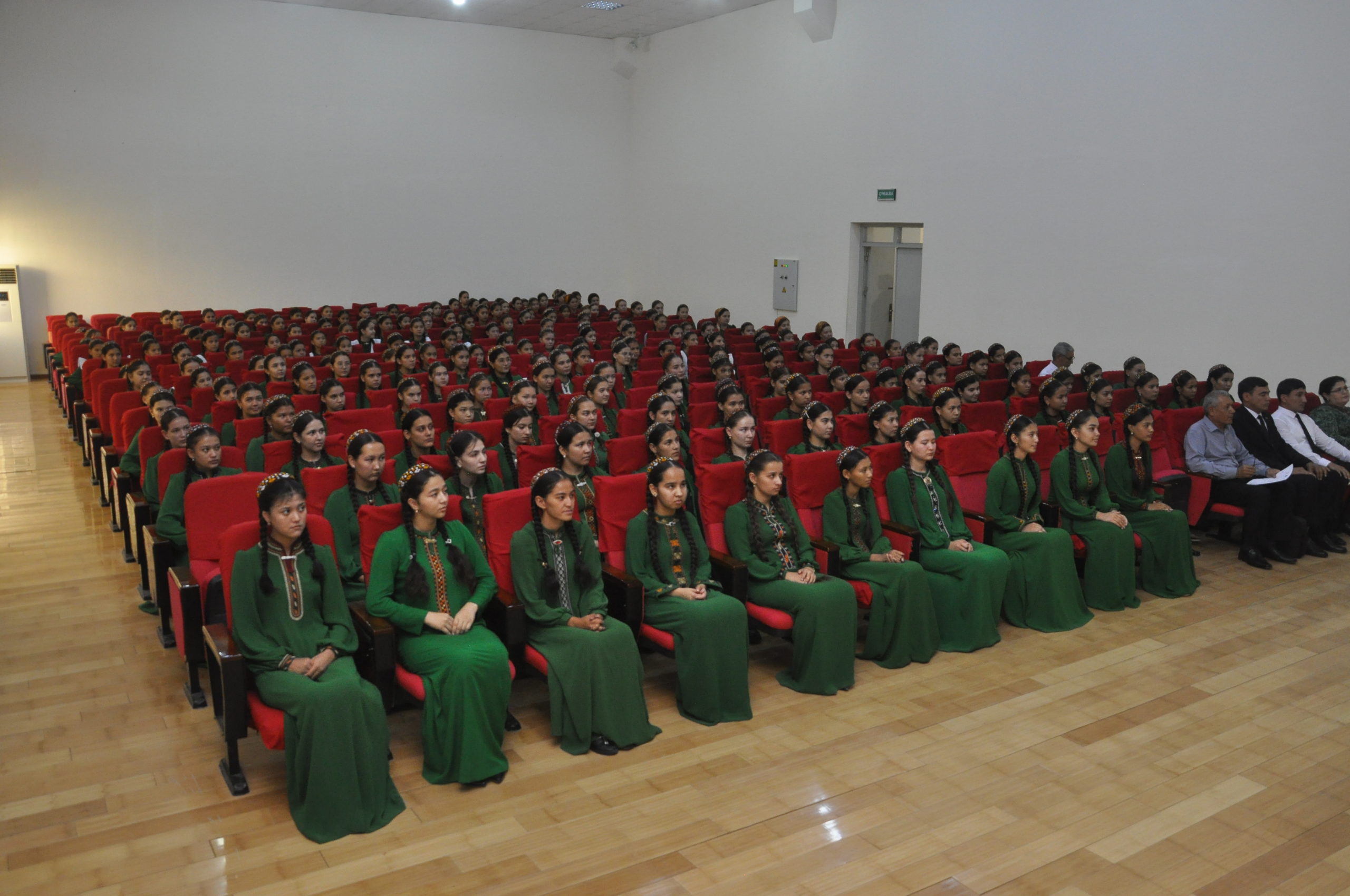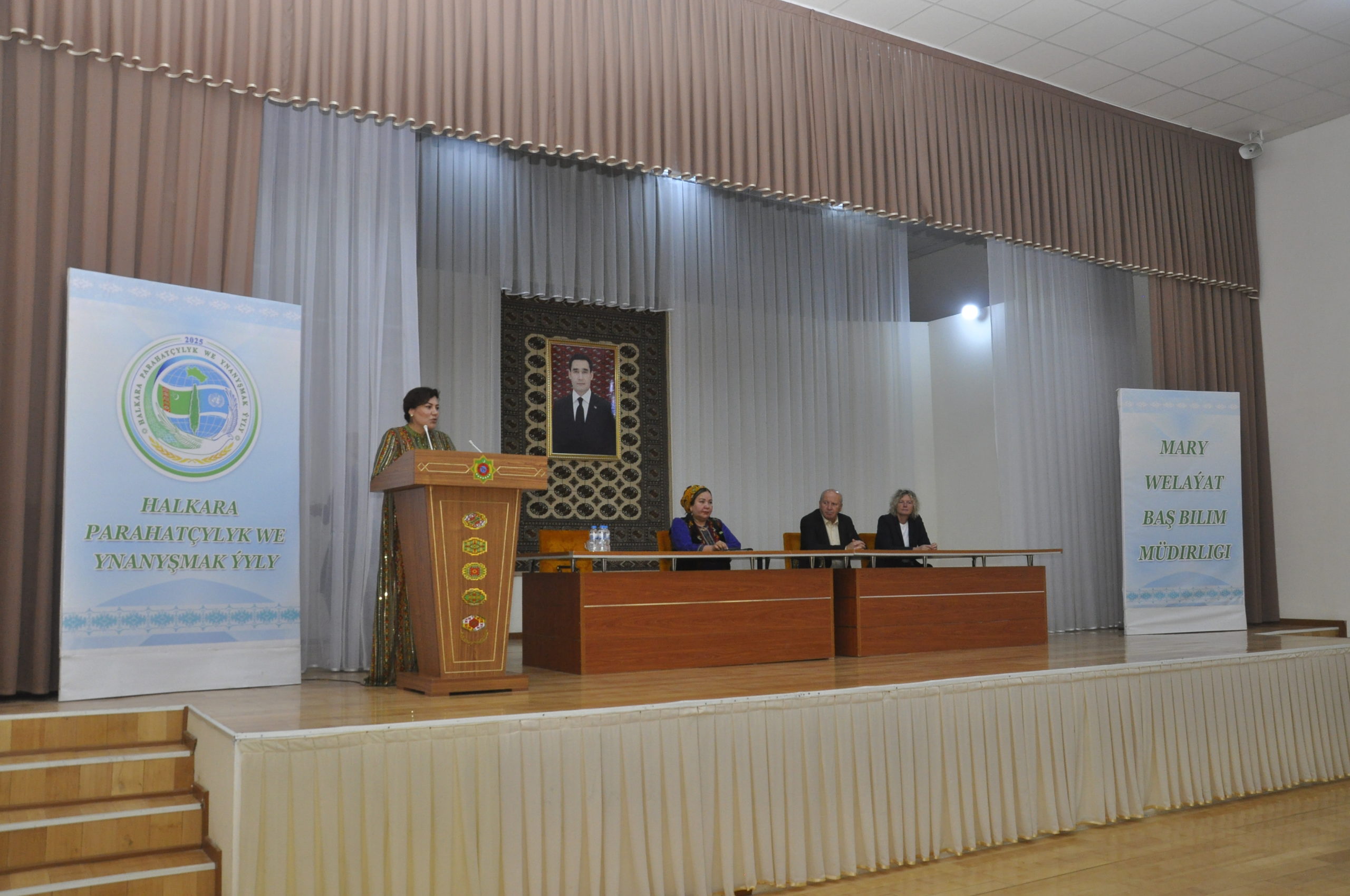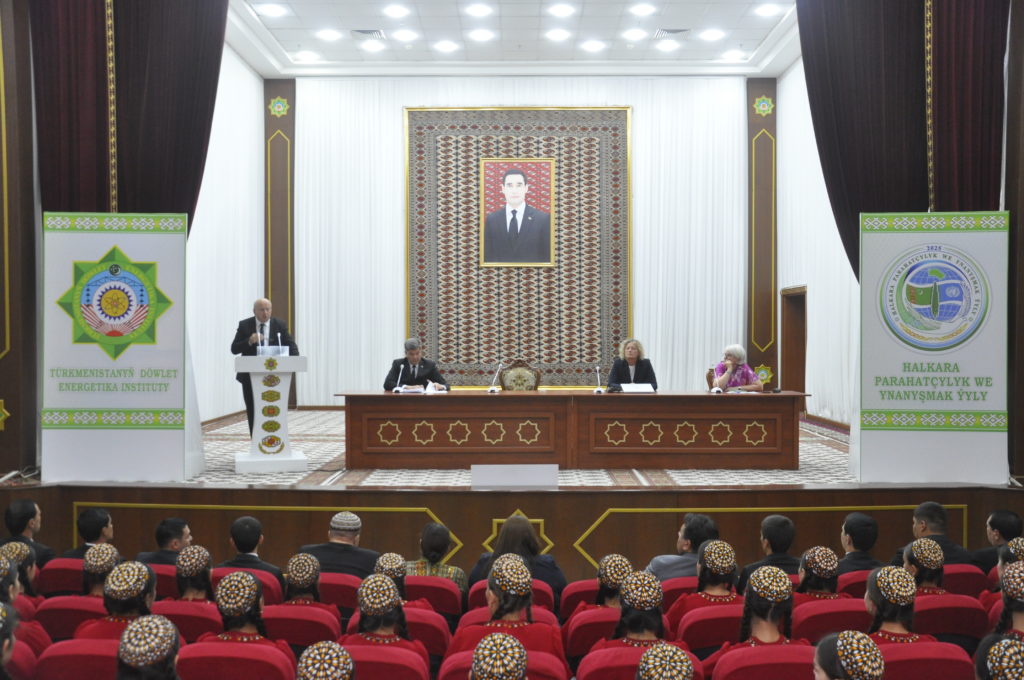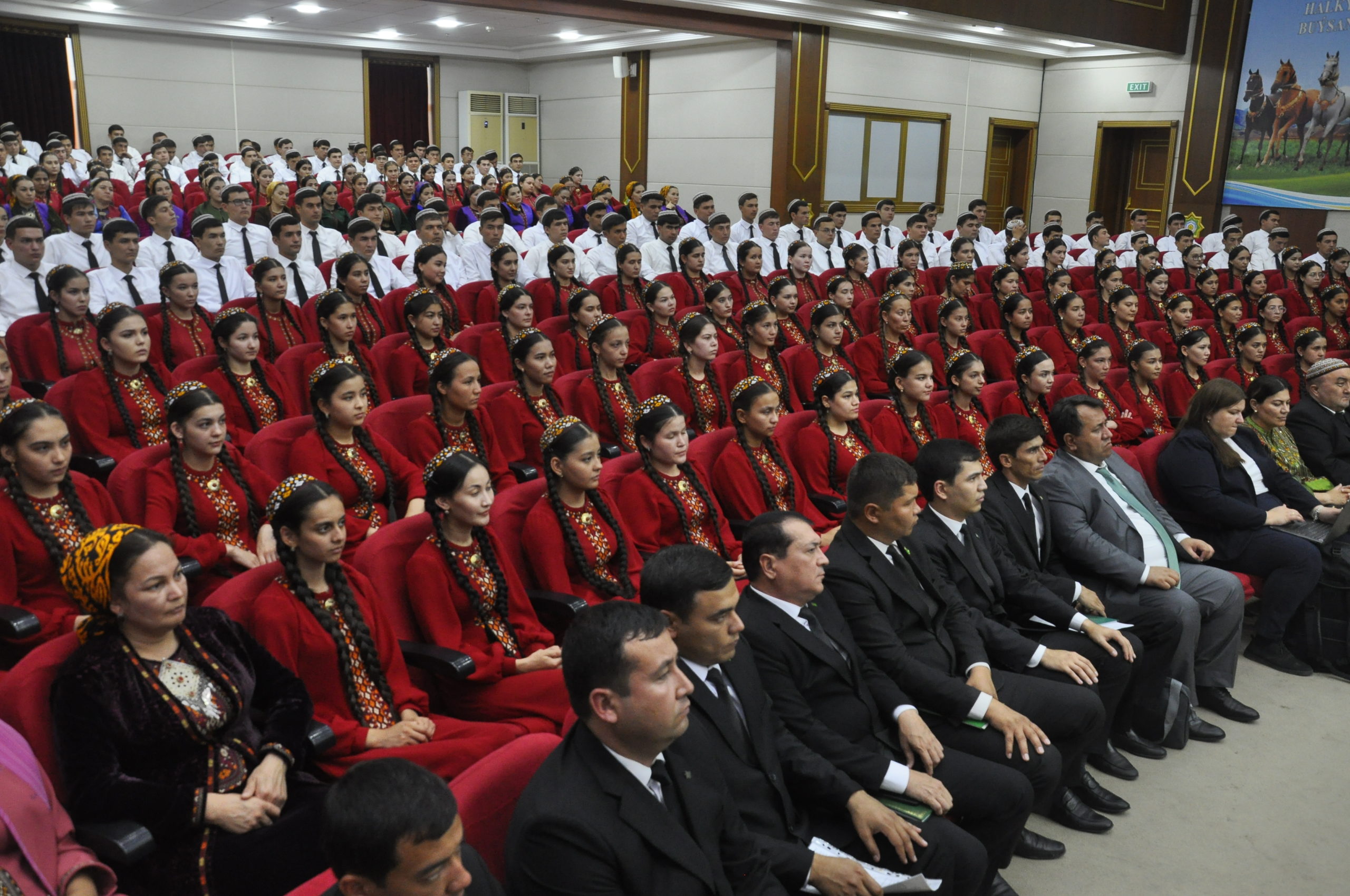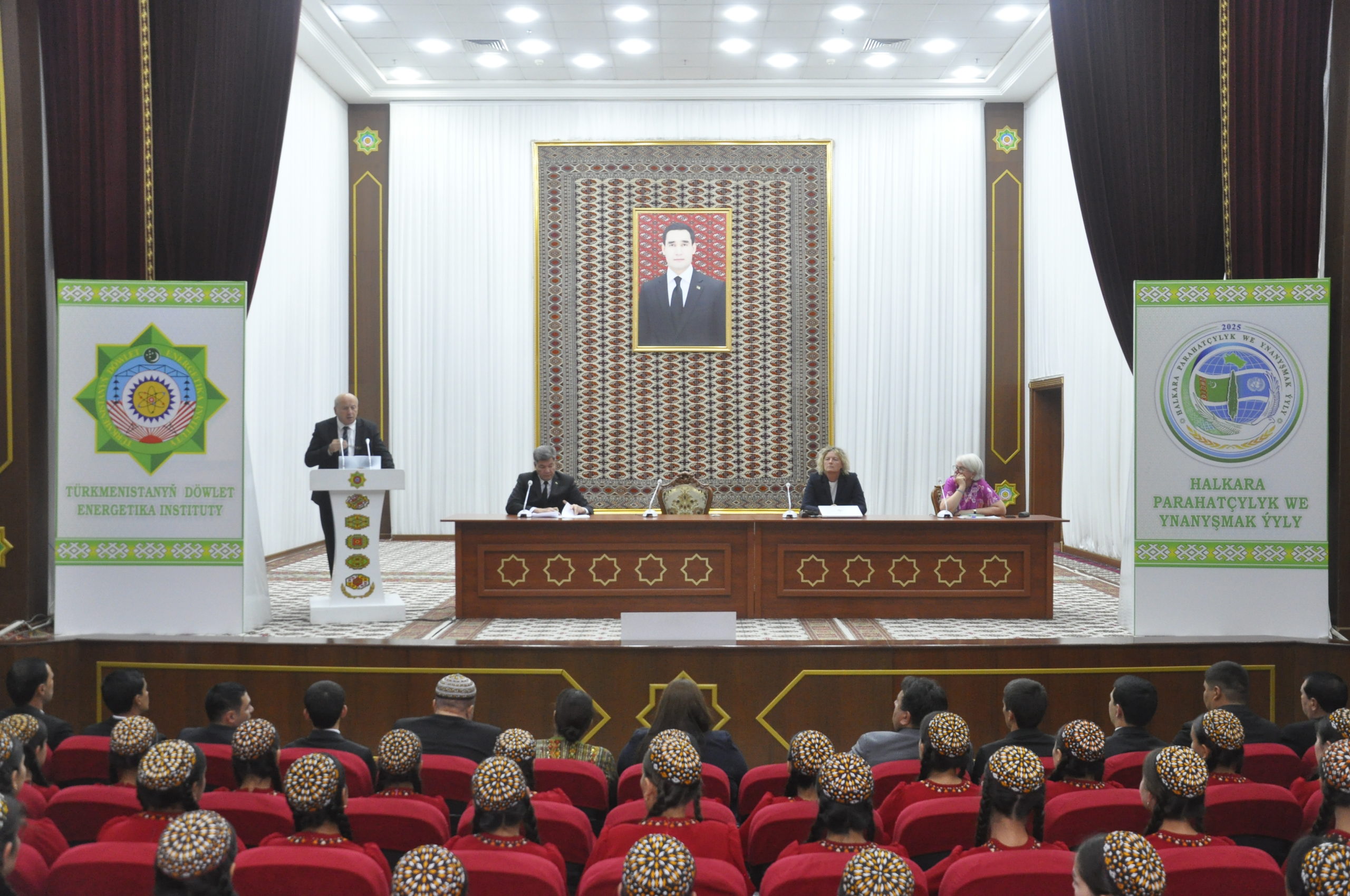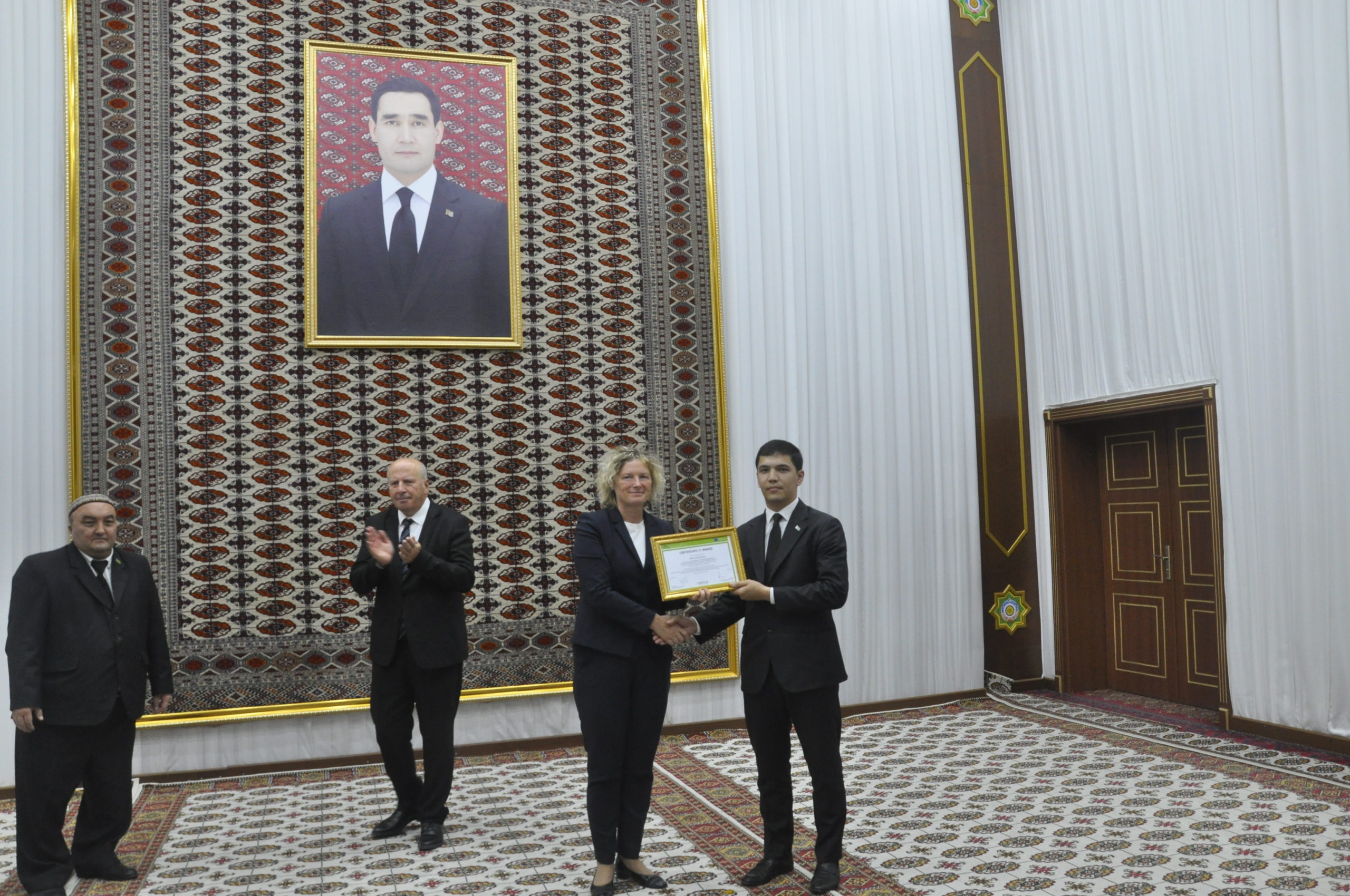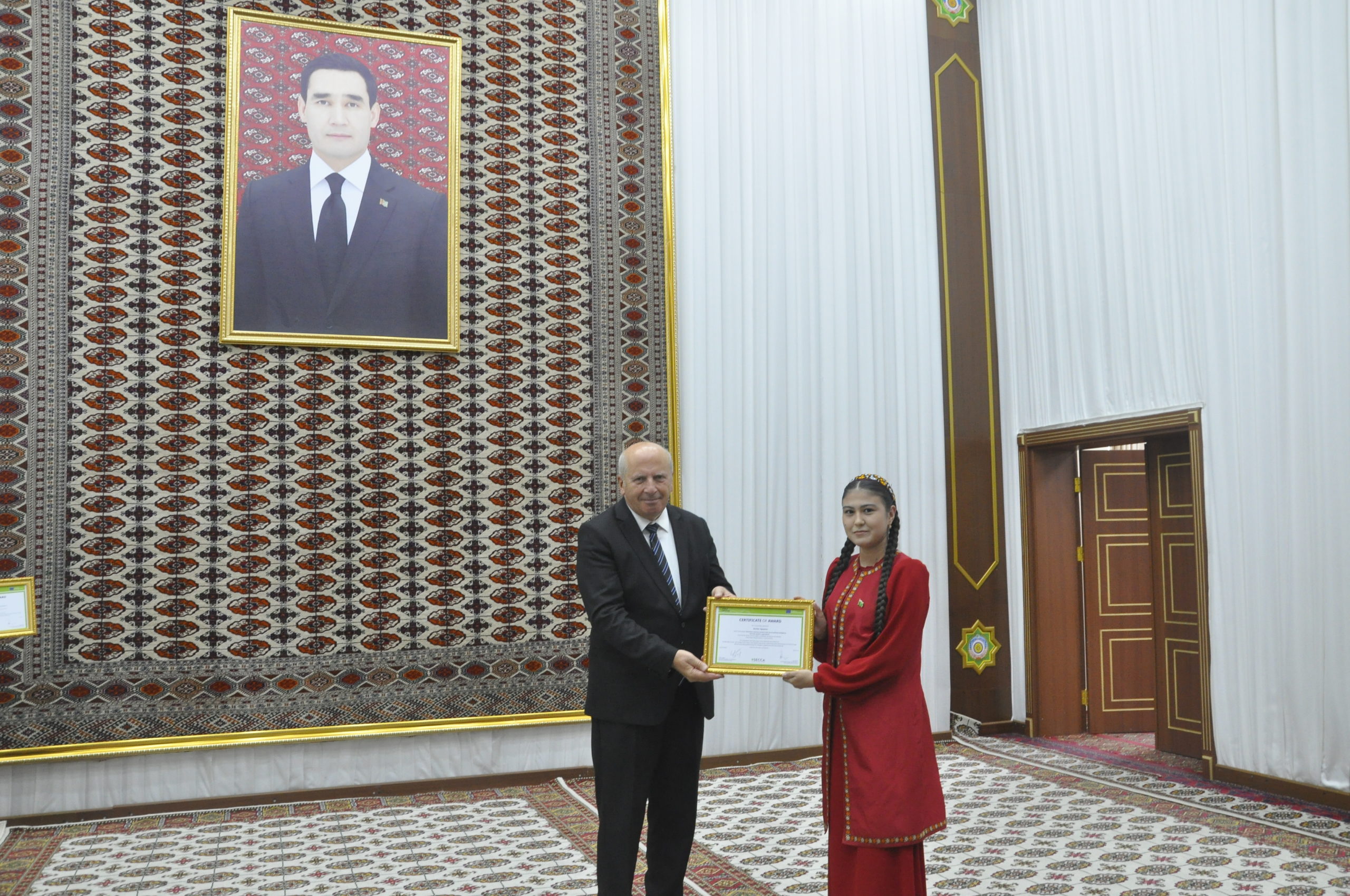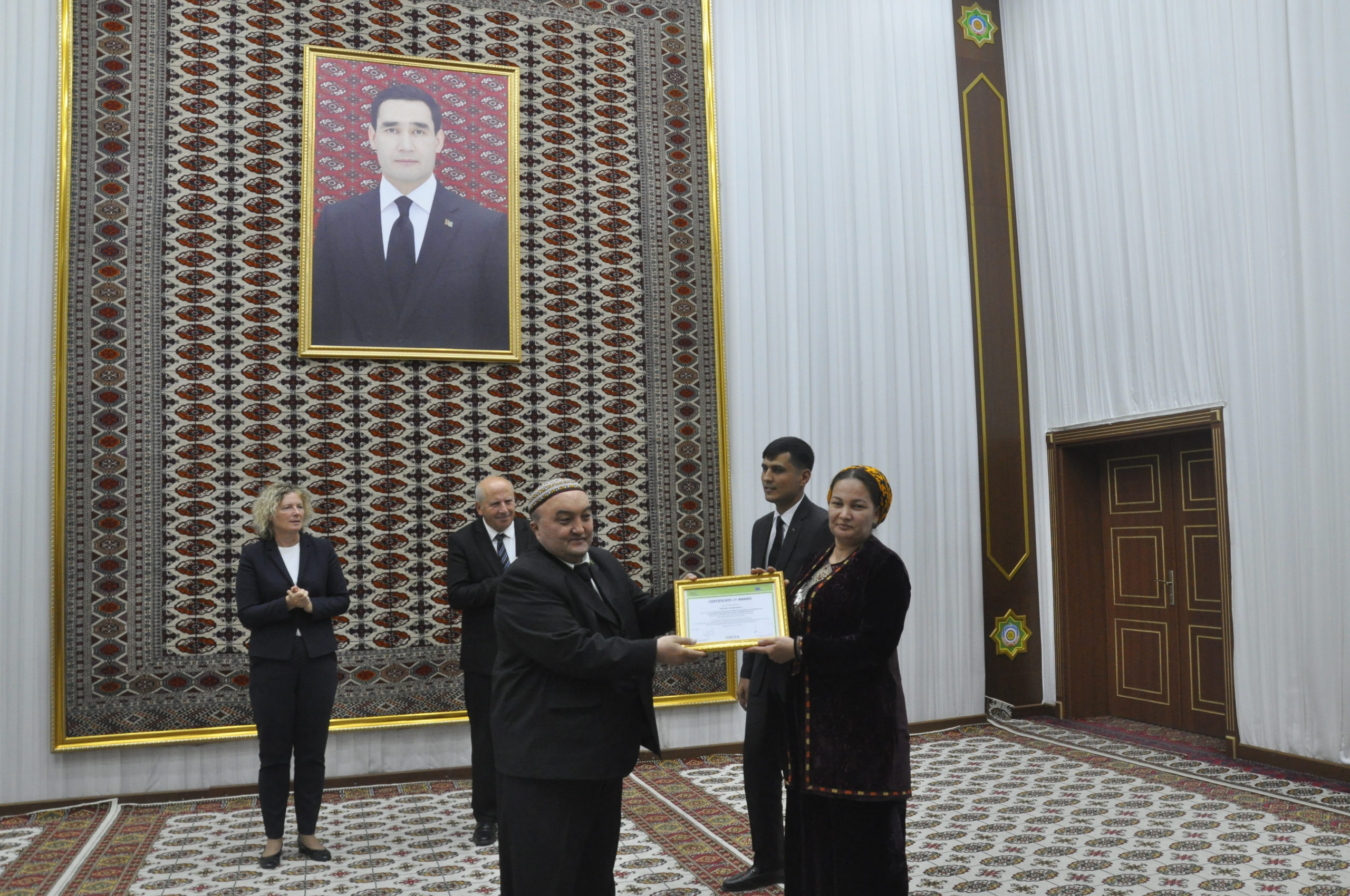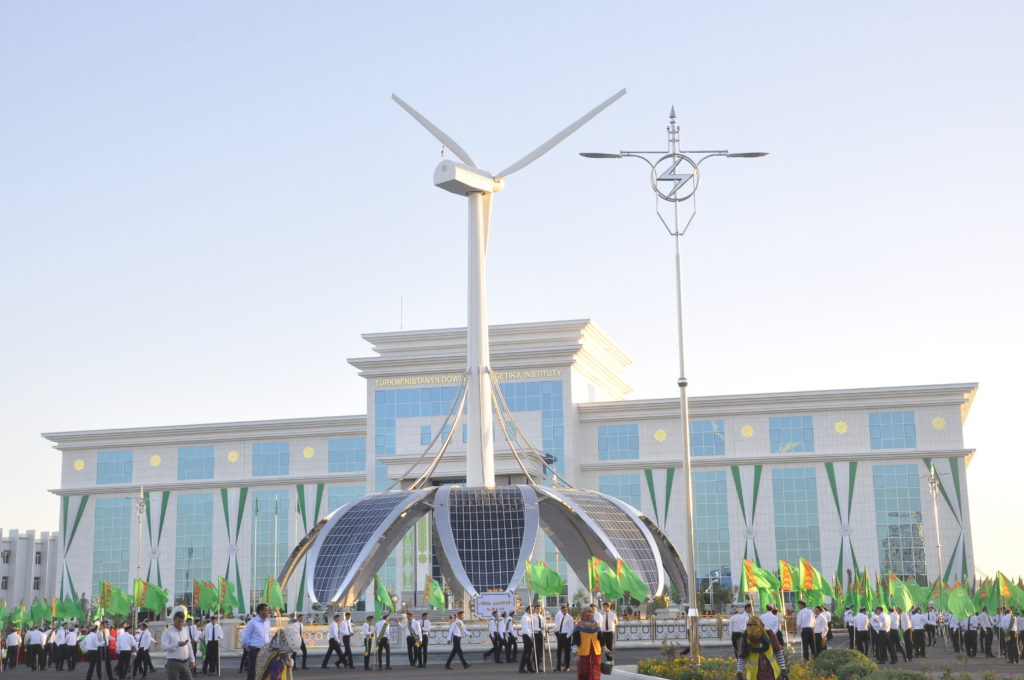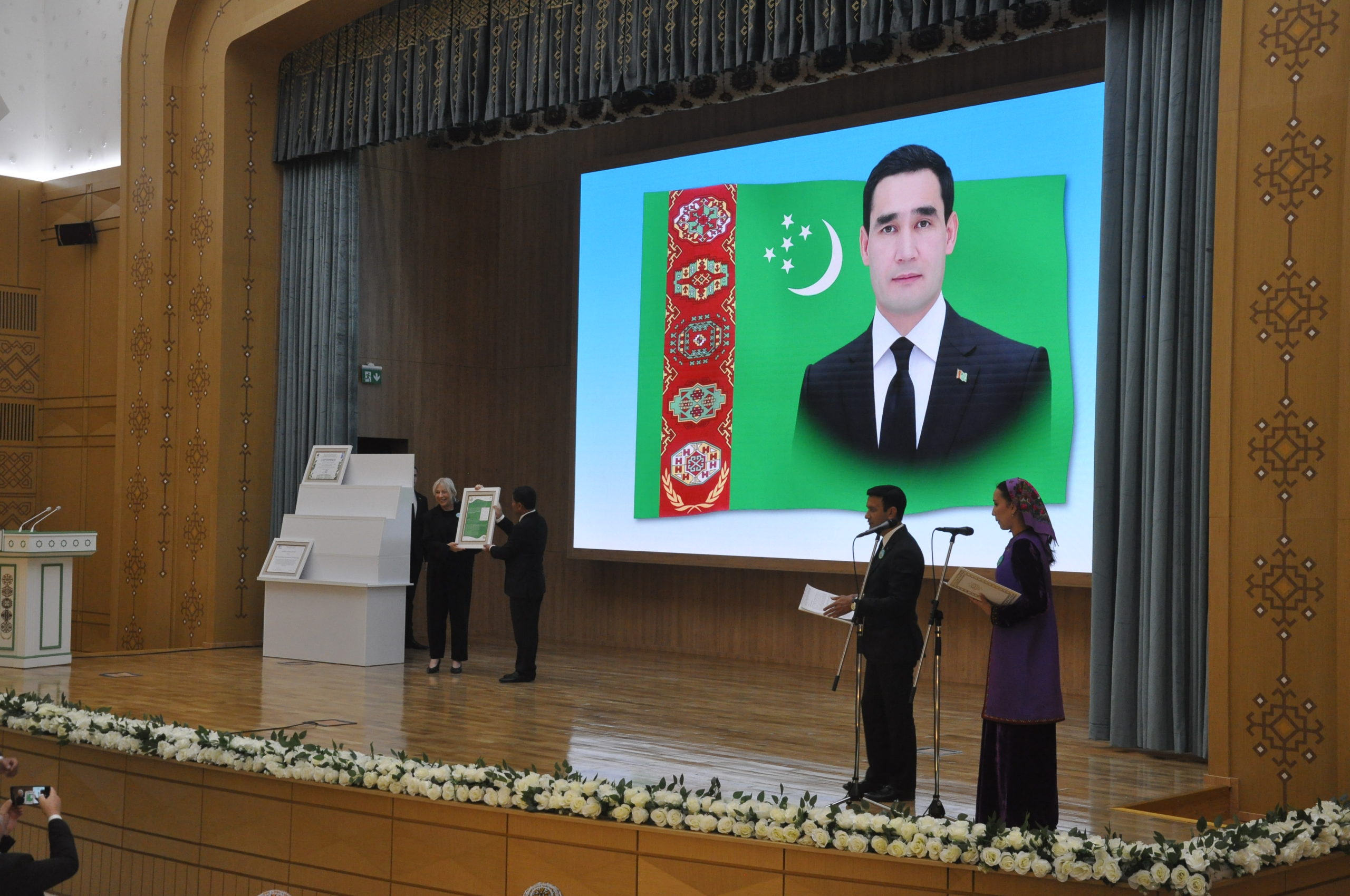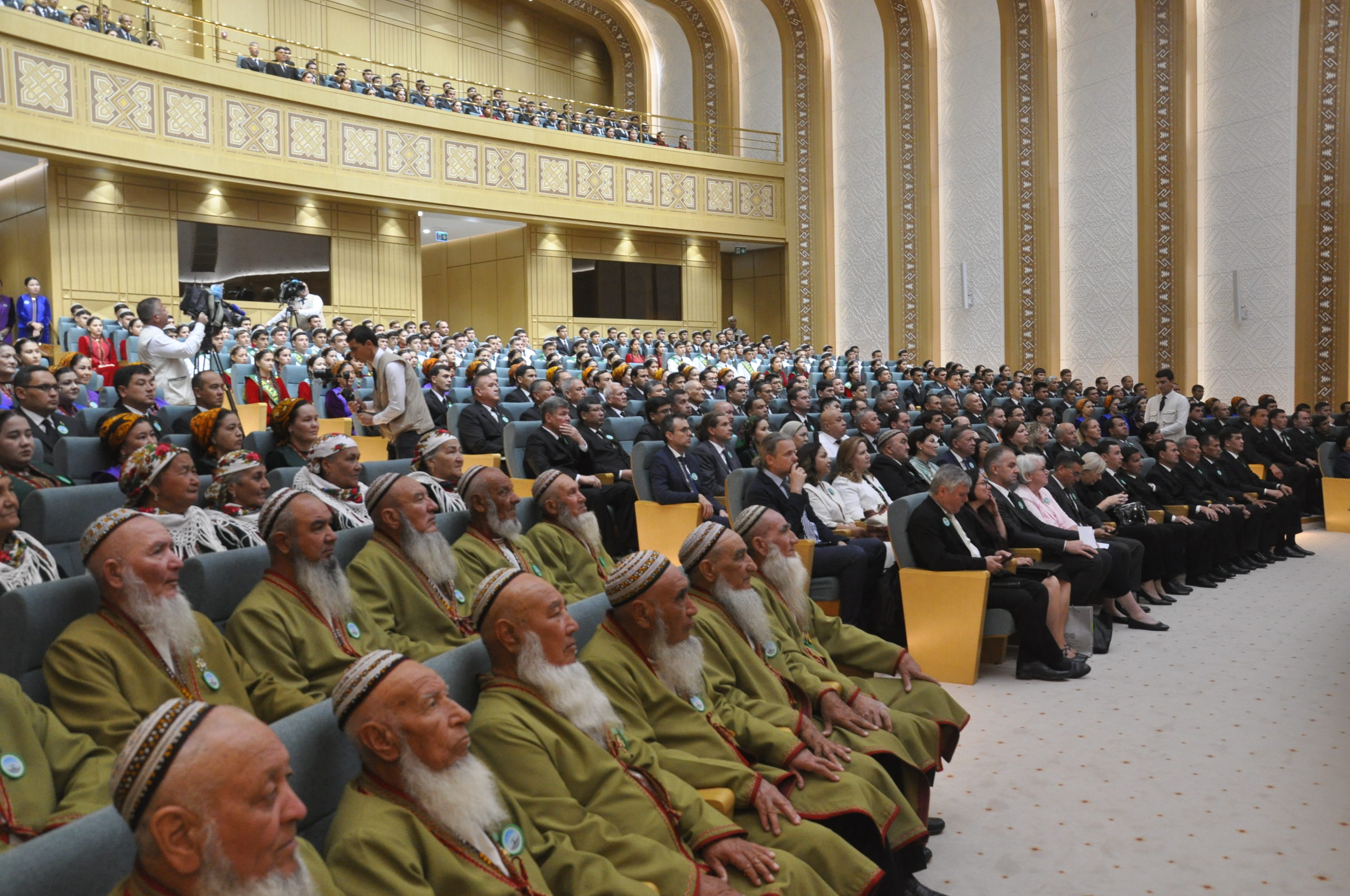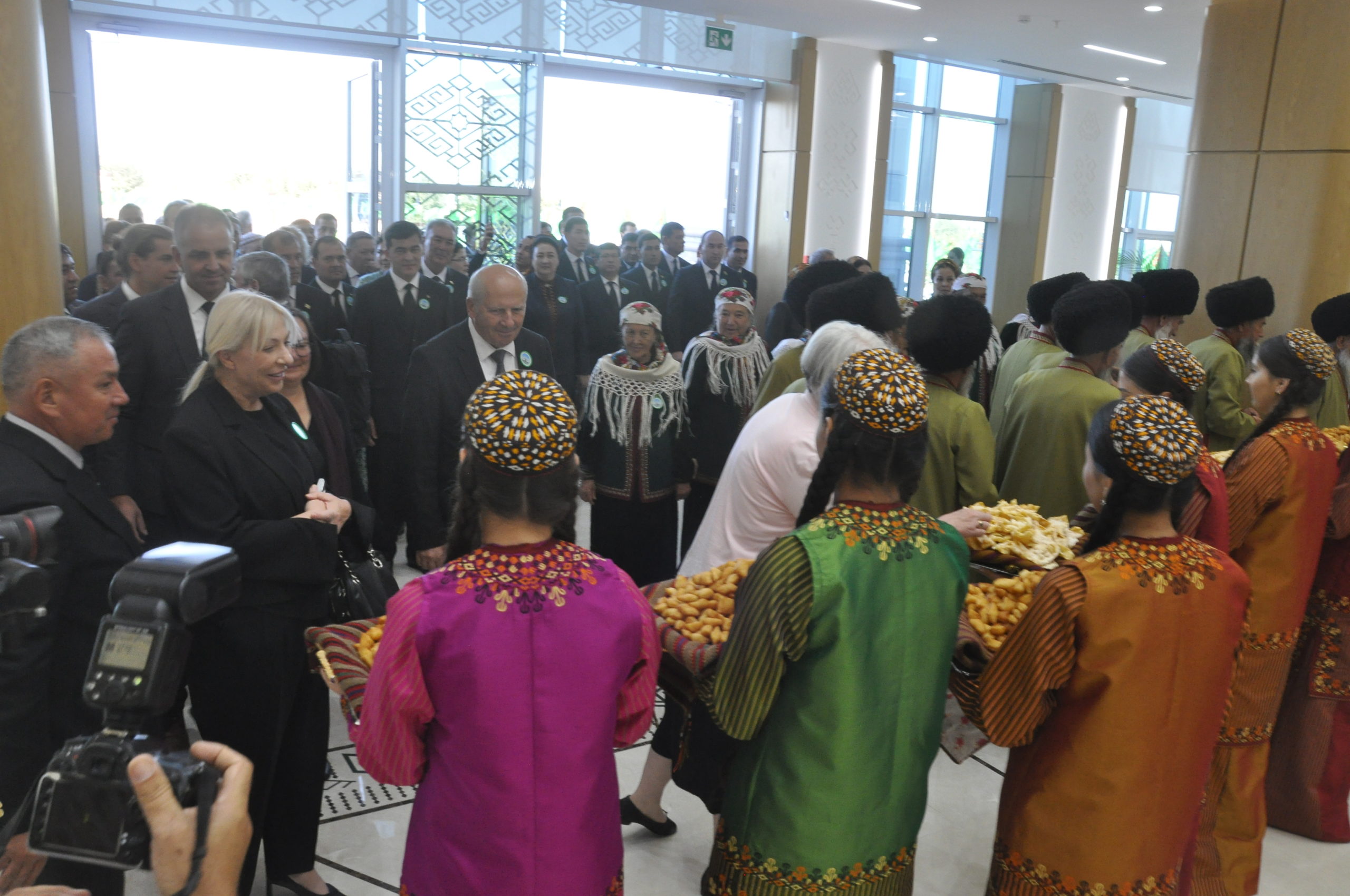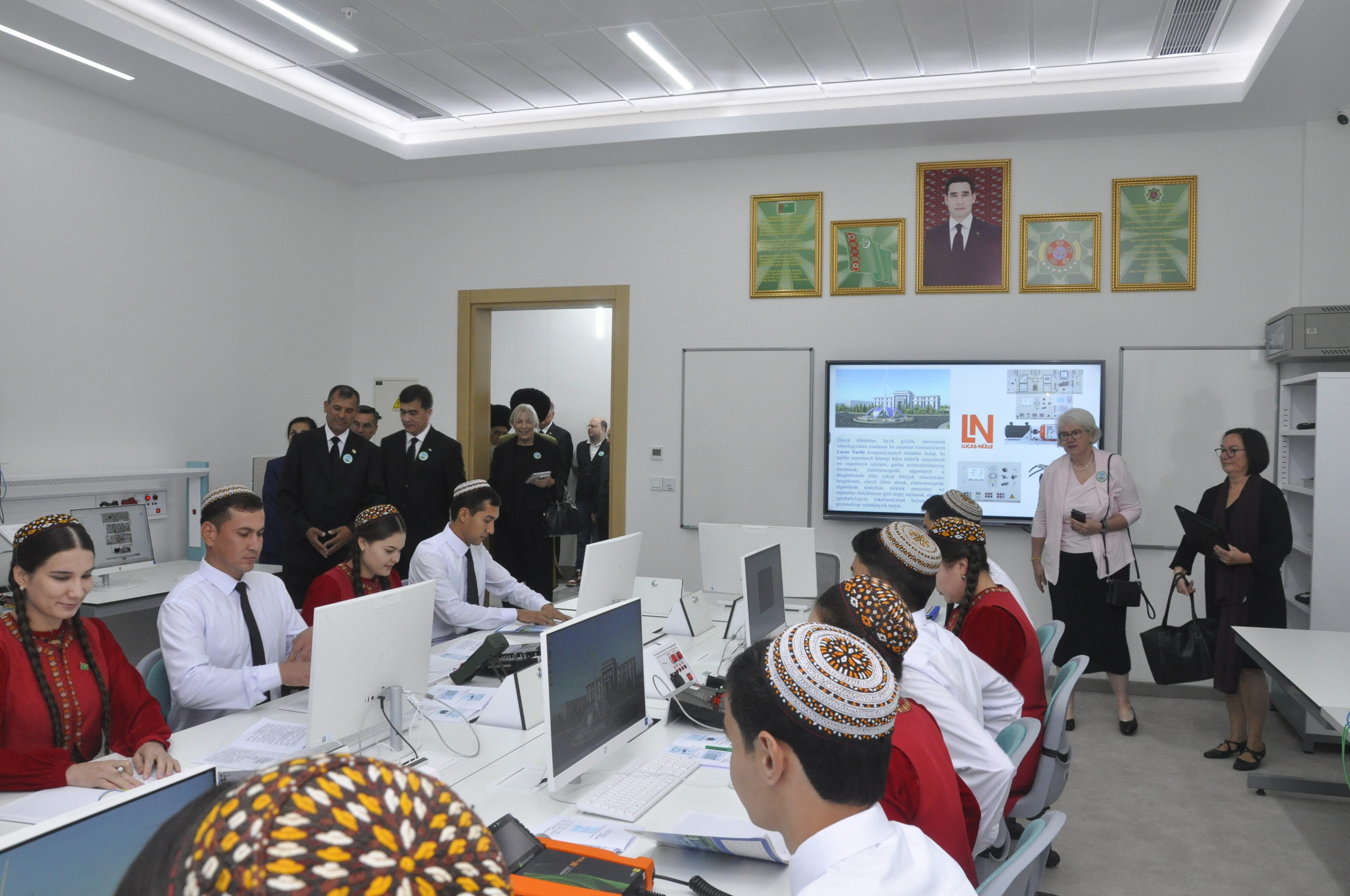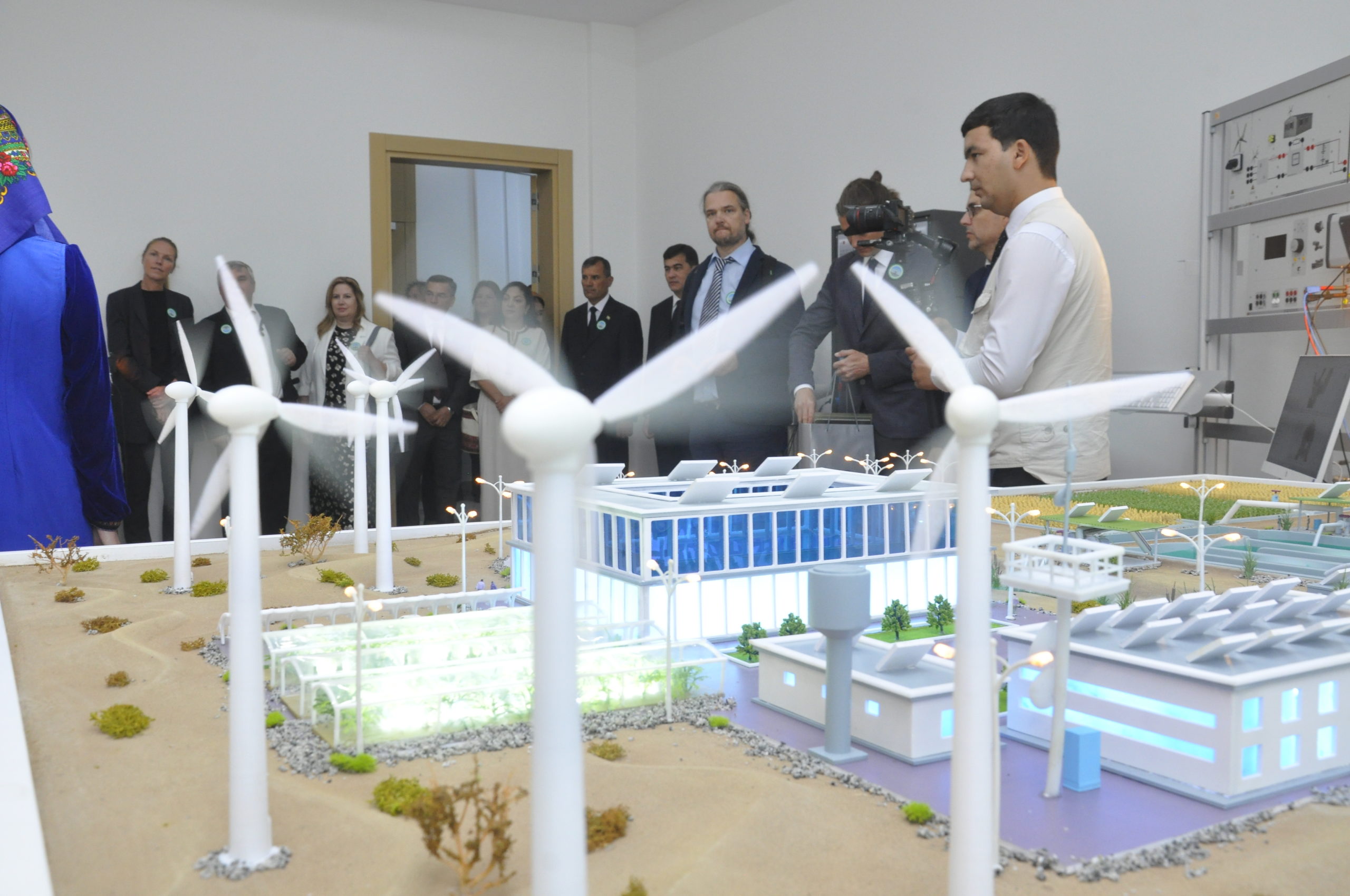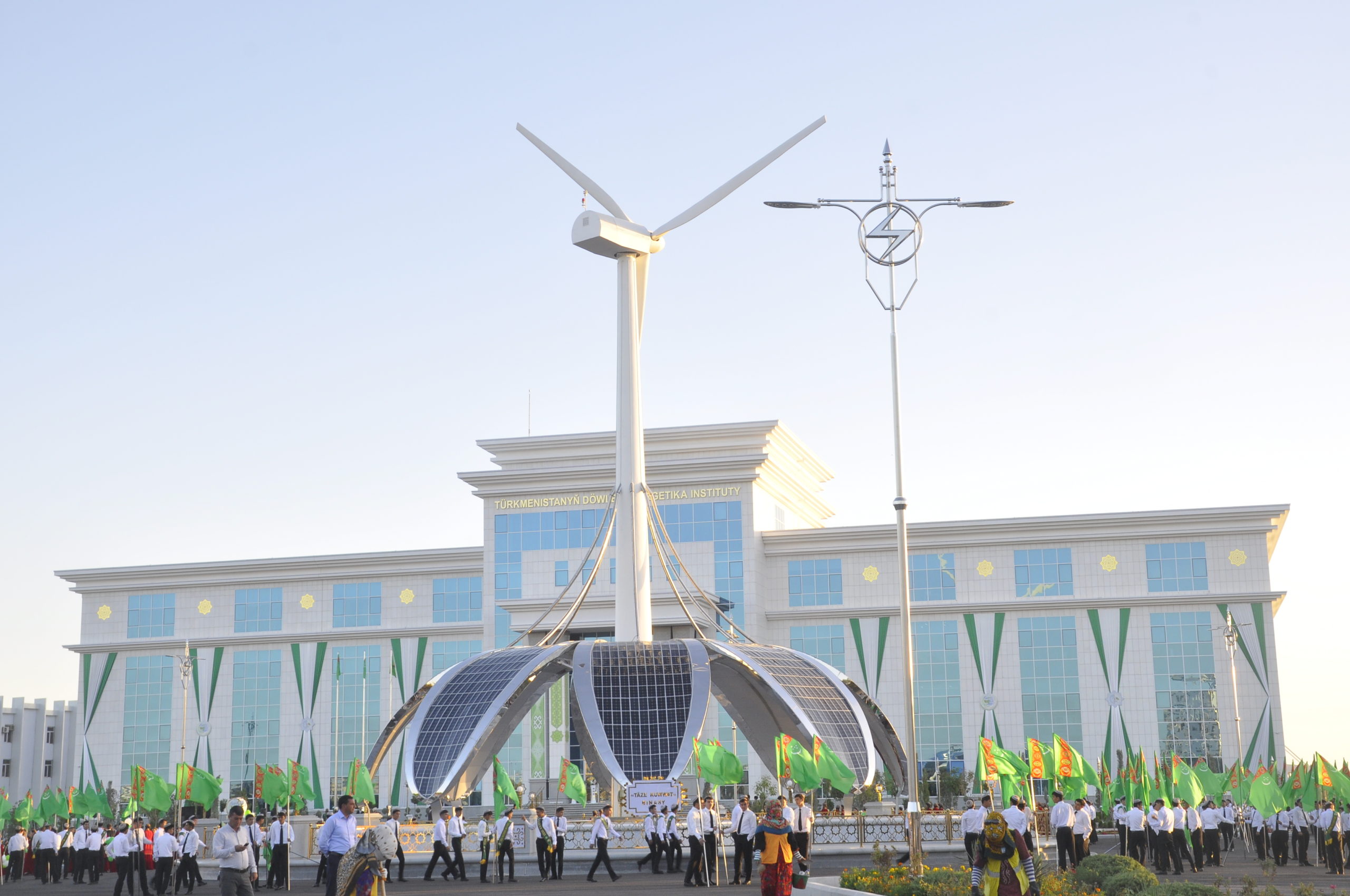Ashgabat, Turkmenistan – The Ministry of Energy of Turkmenistan approved the Instruction on Reducing Technological Electricity Losses during Transmission through the Power Grids of Turkmenistan’s Energy System on 2 October 2025. The Instruction was developed within the framework of the European Union-funded Sustainable Energy Connectivity in Central Asia (SECCA) project.
The document was prepared in accordance with the Law of Turkmenistan “On Energy Saving and Energy Efficiency” and aims to improve practical mechanisms for enhancing energy efficiency and reducing electricity transmission losses.
The Instruction establishes the procedure for developing and implementing action plans to reduce technological electricity losses during transmission through the energy system power grids, outlines the distribution of responsibilities among the structural divisions of the State Corporation Turkmenenergo, and sets unified forms for calculations and reporting. This regulatory document is intended for engineering and technical personnel in the electric power industry of Turkmenistan who are involved in electricity metering, as well as for specialists responsible for the operation and repair of power stations and networks.
In addition, the Instruction will serve as a training manual for students of the State Energy Institute of Turkmenistan, which will improve the quality of professional education in the field of energy efficiency and energy conservation.
The preparation of this document is part of the SECCA project’s systemic work aimed at supporting Turkmenistan in the development of regulatory documents on energy efficiency and renewable energy development.
